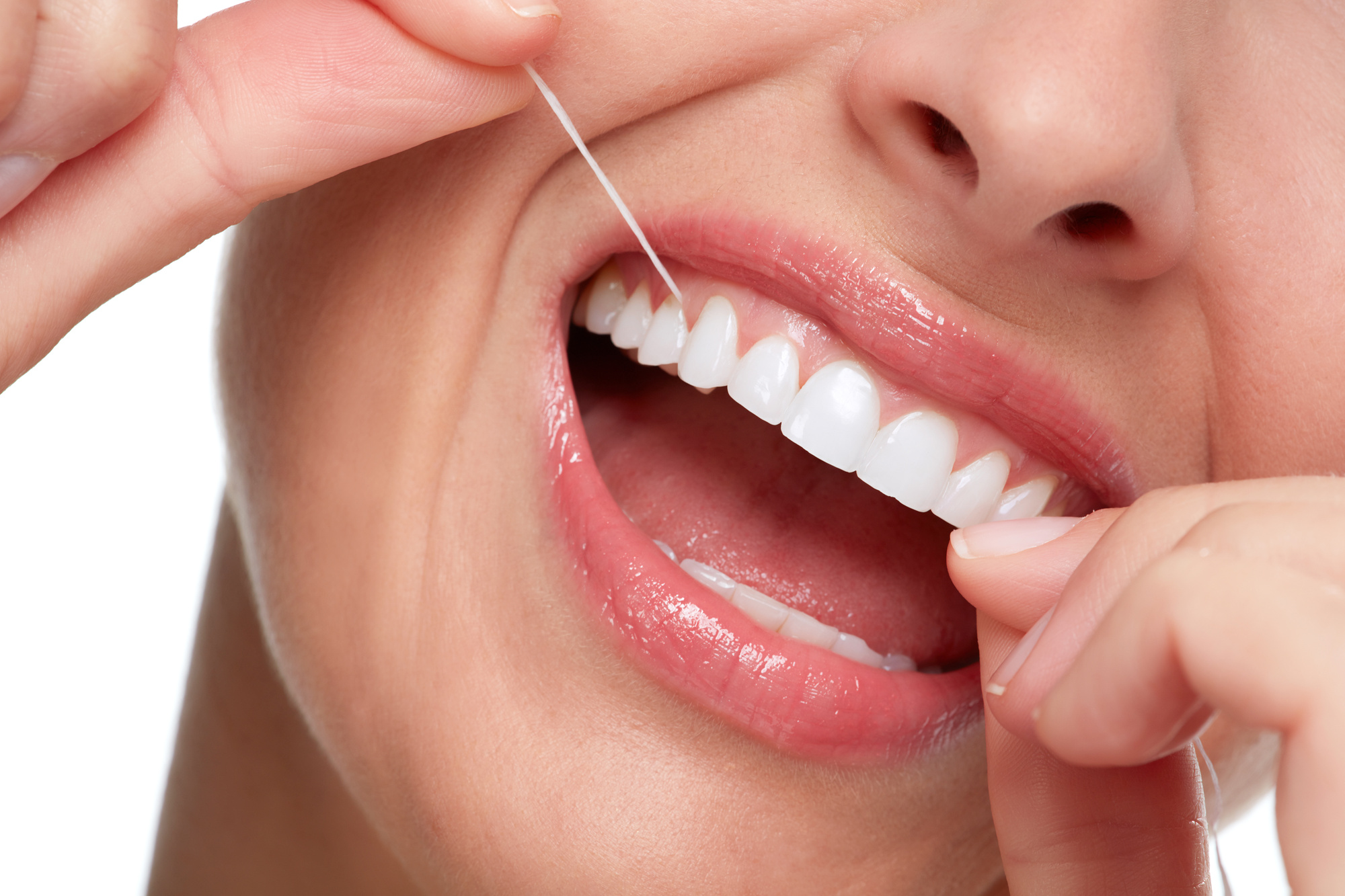
The outermost layer of the teeth—the enamel—is the hardest substance in the entire body. A mineralized tissue, it’s even stronger than bone!
Despite that, it can still break down. In fact, that’s what causes cavities, one of the most common chronic diseases among children.
The good news is that there are steps that you can take to protect your teeth. First and foremost, you want to brush at least twice a day.
Flossing is also important. If anything, it’s one of the best things that you can do to prevent tooth decay.
How often should you floss your teeth? Want to know? If so, be sure to read the rest of the post!
The Importance of Flossing
Flossing is important as it allows you to remove food and plaque from between the teeth and gums.
What happens if you don’t floss? Plaque will build up, which can lead to cavities, gingivitis, and other health issues. Not to mention that it can also affect your breath!
Once that happens, you’ll have to see a dentist such as Boisedentist.com.
How Often Should You Floss Your Teeth?
It’s recommended that you floss your teeth at least once a day. When should you do it? It doesn’t matter as long as you do a thorough job.
For example, you can floss after your midday meal or in the evening after brushing your teeth.
How to Floss Properly
Start by breaking off 18-24 inches of dental floss. Wind it around your middle fingers and leave 1-2 inches for your teeth.
Place the floss in between two teeth and slide it back and forth with your fingers; it’s important that you rub the sides of each tooth. Curve the floss at the bottom of the tooth as it reaches your gums—it should form a C shape.
Repeat the above steps for all of your teeth. Remember to use a new section of floss for each tooth.
Tip: Consider using waxed floss if you have braces—it’s less likely to tear.
Using a Water Flosser
Water flossers use a pressurized stream of water to remove food particles and plaque between teeth. Generally speaking, they’re easier to use if you have braces, dental implants, or crowns.
For the best results, start with the back teeth and work your way toward the front. Keep in mind, however, that it may not be strong enough to remove all plaque from the teeth.
Given that, you might want to use string floss first to help loosen the debris.
Flossing Your Teeth
Now you know the answer to “how often should you floss your teeth.” As you can see, it’s not something that you want to skip when it comes to your dental hygiene!
Interested in reading more health-related articles? If so, make sure to check out the rest of our website!